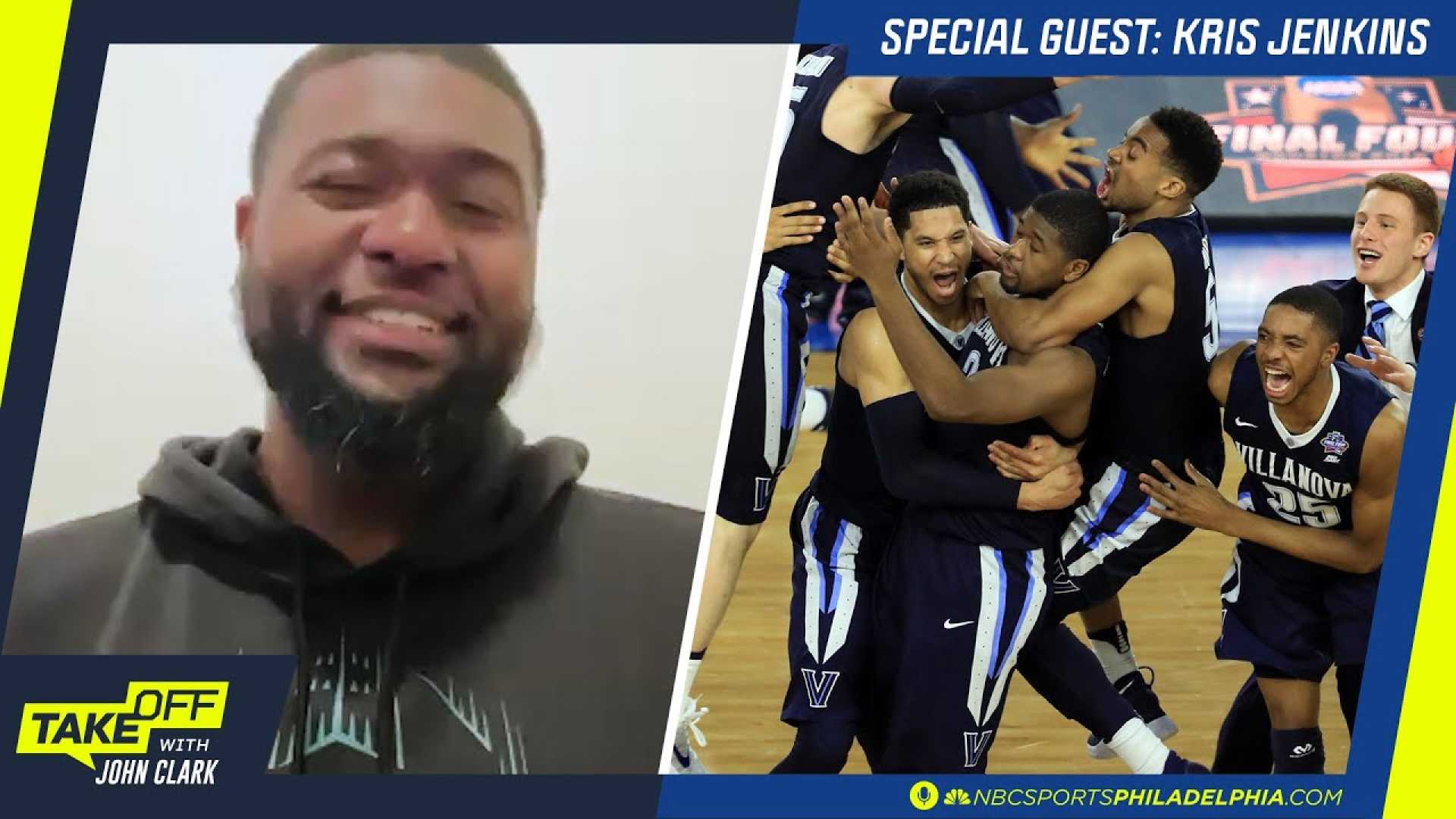Sports
Former NCAA Star Kris Jenkins Sues NCAA Over NIL Rights

NEW YORK — Former Villanova basketball star Kris Jenkins has filed a lawsuit against the NCAA and six major conferences, claiming they violated federal antitrust laws by restricting athlete compensation and limiting his ability to profit from his name, image, and likeness (NIL) during his collegiate career. The lawsuit was lodged in the Southern District of New York.
In his suit, Jenkins alleges that the NCAA and conferences, including the Big East, “unjustly enriched themselves” while causing harm to student-athletes by impeding their financial opportunities. Jenkins seeks compensation that reflects potential earnings he was deprived of due to these alleged unlawful restraints on pay-for-play compensation.
“I feel like it’s different from those [lawsuits],” Jenkins told ESPN. “The NCAA has shown that it is different from a lot of other things that have happened in the past just because of the magnitude of the situation.” He is particularly highlighting the financial windfall for the NCAA stemming from his 2016 buzzer-beater that secured Villanova’s national title.
The lawsuit notably claims that Jenkins is owed a share of game telecast revenue, earnings from media use of his image, and from third-party deals. Jenkins states that his pivotal shot not only fueled enthusiasm around Villanova basketball but also led to substantial donations, notably a $22.6 million contribution from alumnus William Finneran following the victory.
His last-second shot, which has garnered millions of views on platforms like YouTube, solidified his legacy but Jenkins argues that he has yet to see any compensation for its continued commercial use. “I haven’t played college basketball in eight or nine years, and the shot is still being replayed and reused, and I haven’t been compensated for that in any way,” he said.
The timing of Jenkins’ lawsuit coincides with ongoing discussions about athlete compensation in college sports, particularly in the wake of recent legislation allowing some college athletes to profit from their NIL. Jenkins has opted out of a $2.8 billion settlement reached in the House vs. NCAA case, signaling his intention to pursue his individual claim instead.
As he looks ahead, Jenkins expresses a desire not only for himself but for all former and current athletes who have been denied similar financial opportunities. “Being a college student-athlete is a nine-to-five job. We spend more time working and doing things than faculty do,” he remarked. Jenkins hopes the outcome of his lawsuit will pave the way for greater equity and recognition for the contributions made by collegiate athletes.












